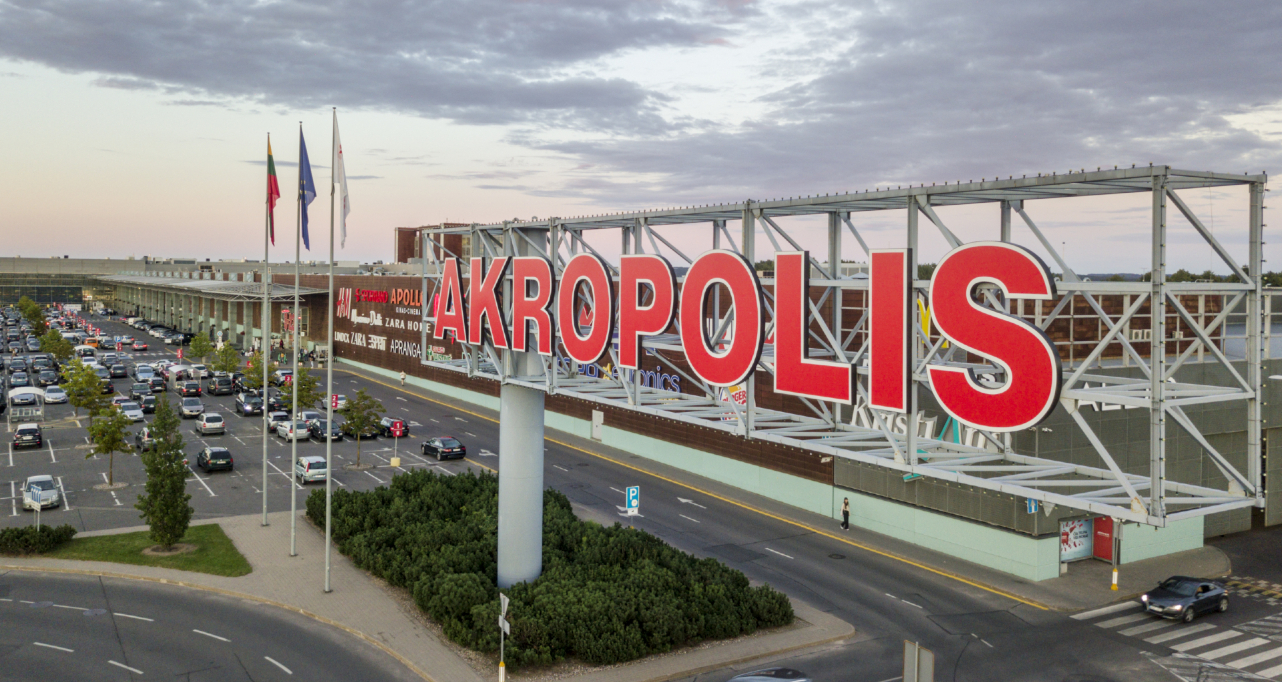Romanian developer Genesis Property has obtained the highest level of BREEAM International In-Use certification, Outstanding, for Building F in the YUNITY Park business campus, which hosts companies such as HP Enterprise, HP Inc., Garanti BBVA, DXC Technology, Luxoft, and Yokogawa. This certification reflects Genesis Property’s strong commitment to sustainability and represents a significant step towards achieving their ambitious goal of reducing net carbon emissions to zero from the group’s operations by 2040, ten years ahead of the targets set by the European Green Deal, following a trajectory validated by the Science Based Targets initiative (SBTi).
With the BREEAM Outstanding certification of the building in the YUNITY Park campus, achieving scores of 88.2 percent for construction performance and 88.9 percent for sustainable building management, Genesis Property demonstrates its ongoing commitment to environmental responsibility and sustained investments in achieving the highest sustainability standards.
“The built environment is responsible for nearly 40 percent of carbon emissions, over 30 percent of energy consumption, and almost 50 percent of natural resource use globally. Reducing the environmental impact of buildings is therefore crucial. Genesis Property’s response to this major challenge is reflected in our efforts to create healthy and sustainable spaces for all occupants and to act responsibly in everything we do, accelerating initiatives for a more sustainable future. And achieving BREEAM Outstanding certification is just one of the important steps we are taking to help mitigate the environmental and climate challenges we all face as a society”, said Liviu Tudor, President of Genesis Property.
YUNITY Park’s transformation into a new, innovative real estate concept and a sustainability platform began in 2021 as part of a large-scale project with a total investment exceeding €50 million. Through its sustainability strategy and efforts to improve environmental quality, Genesis Property has invested in increasing the energy efficiency of buildings and initiating the transition to 100 percent renewable energy sources. As a result, the campus now features 1,080 photovoltaic panels covering 4,000 sqm on the rooftops of the buildings, providing green energy for the sustainable management of the buildings.
At the same time, all buildings in Genesis Property’s portfolio are powered by 100 percent renewable electricity, due to a partnership with an energy provider committed to delivering exclusively certified green energy. Genesis Property’s commitment to the sustainable management of its entire building portfolio and to offering high-quality services was recognized in 2023 with the Certificate of Registration under the prestigious EMAS environmental management system. The ongoing focus to reduce air pollution, develop green spaces, and promote biodiversity also remains a key priority, contributing to the physical and mental well-being of all occupants and visitors. Beyond office spaces, YUNITY Park features a 1,000 sqm urban forest, numerous green areas, 2,000 metres of pedestrian walkways and elevated promenades, cascading water mirrors, and creative outdoor spaces.
The principles of sustainability are integrated into Genesis Property’s operational and investment strategy. The office buildings in YUNITY Park have had the BREEAM Very Good certification since 2013 and are certified class A in energy efficiency. In the medium term, the company’s goal is to achieve BREEAM Outstanding and IMMUNE™ Resilient certifications by 2026, and ZEB certification by 2030 for the entire building portfolio.
In 2021 Genesis Property became the first 100 percent Romanian-owned company to join the UN Global Compact, committing to support its 10 principles of sustainability and sustainable development. Additionally, starting this year, Genesis Property measures and reports its environmental, social, and governance (ESG) performance to the Global Real Estate Sustainability Benchmark (GRESB), a rigorous global assessment of real estate investments aligned with the latest international sustainability reporting standards. The company has published its first report on Scope 1 and Scope 2 greenhouse gas emissions, following the methodology provided by the GHG Protocol, and has received validation from the Science Based Targets initiative (SBTi) for its near-term emissions reduction target, set for 2030.







